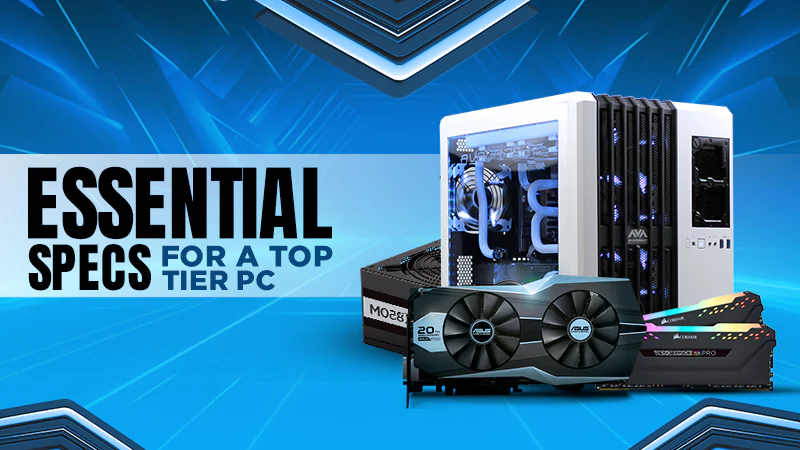Technological Transformations in the Online Casino Space
It’s been 28 years since Microgaming developed the first ever online casino software. Bill Clinton was in the White House; The Lion King was in the cinemas and Brian Lara was smashing batting records left, right, and center. It really doesn’t seem so long ago.
The games and the infrastructure in those early days, however, were as different from today’s online casinos as a Ford Model T is from a Tesla. The games were crude and the regulation was practically non-existent. These days, there is a range of highly interactive online casino games and they are subject to checks and audits that are as stringent as those in physical casinos – perhaps even more so.
But to reiterate, 28 years is not a long time. Online casino technology is still relatively new and is growing and evolving before our eyes, driven by the highly competitive nature of the industry.
The 5G Rollout
The smartphone age has made everyone adopt a “mobile first” mindset, and online casinos have been no exception. The idea of the sort of phone casino games we can play today, interacting with live dealers at the blackjack tables and choosing from 100s of real money slots would have seemed like science fiction even in 1994.
5G represents the final piece in the jigsaw when it comes to ironing out network glitches and offering even more sophisticated and interactive games.
VR and AR Gaming
It’s fair to say we’ve seen a few false dawns when it comes to virtual and augmented reality in the gaming world. Despite the relative success of VR hardware from the likes of Oculus, it still remains outside the mainstream. Casino platforms have shown plenty of interest in the technology, as it would be a great way to stand out from the rest, but none of the big names have dived in with both feet – yet.
5G could be the driver they have been waiting for. VR demands highly responsive and reliable connectivity, and 4G bandwidth is simply not up to the task. 5G’s superior bandwidth and low latency will remove this barrier, so the online casino experience could soon become even more authentic as you sit at your virtual table and are dealt your cards.
Blockchain and Crypto
The first Bitcoin casino opened in 2014, so nobody would dispute that the igaming sector was among the early crypto adopters. Today, crypto casino gaming is no longer a special niche, and plenty of well-known casino brands accept Bitcoin, Ethereum, and other digital currencies.
However, the impact and influence of blockchain technology run deeper than simply providing a slick, secure, and convenient way to bankroll your gambling activities. The latest crypto casinos do more than just accept Bitcoin and altcoins as payment methods. They are crafted from scratch on a blockchain ecosystem such that the games themselves are governed by smart contracts.
Casinos are sometimes seen as highly traditional. But despite the timeless nature of games like roulette and blackjack, the technology that brings them to our laptops or smartphones is evolving before our eyes.
Follow Us
Latest Post















